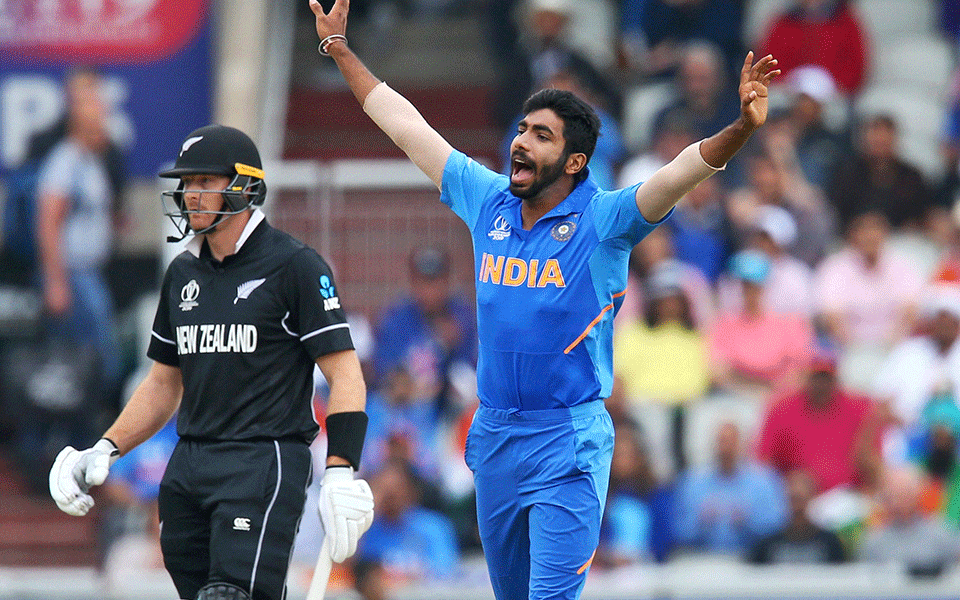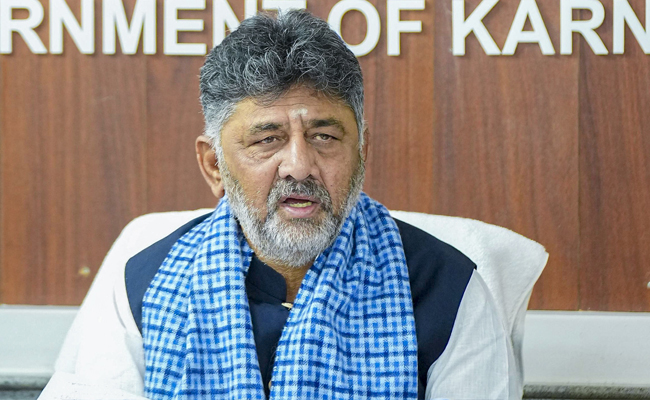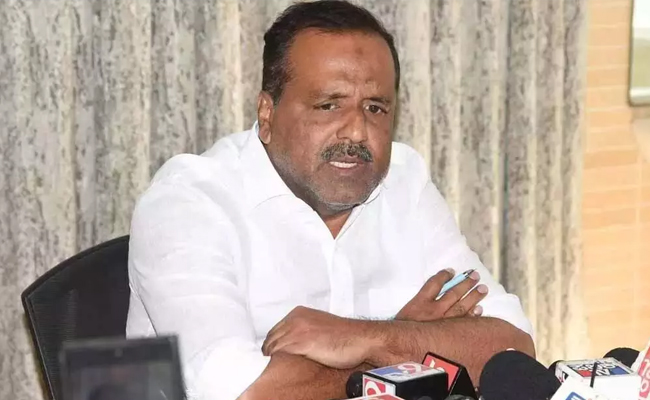Manchester: India need to overhaul a modest 240-run target to earn a shot at their third ODI World Cup title as New Zealand could add only 28 runs to their overnight total in the rain-hit semi-final, here Wednesday.
Resuming at 211 for 5, the Black Caps managed just one boundary in the remaining 23 balls.
The highlight of the brief New Zealand innings on the reserve day was Ravindra Jadeja's direct throw from the deep mid-wicket to end back Ross Taylor (74, 90 balls), who ran for a double.
Tom Latham then provided Jadeja with a simplest of catch to give Bhuvneshwar his second wicket of the match. He ended with 3 for 43 when Matt Henry offered a simple skier to skipper Virat Kohli.
The best part about the 20-odd minute session was the intensity with which Jasprit Bumrah (1/39) and Bhuvneshwar bowled. Bumrah bowled fast and pitched it back of the length while the UP seamer bowled a much fuller length.
They were backed by Jadeja and also KL Rahul, who showed tremendous commitment with a diving stop that saved three runs off the penultimate delivery of the New Zealand innings.
While the last 10 overs yielded 84 runs, which was by far their most productive of all the 10-over sets, what will come back to haunt them was lack of intent during the middle overs.
Save Yuzvendra Chahal (1/63), they could not dominate any of the other four Indian bowlers. The total dot ball count was an astounding 158 which is more than half their quota of overs.
A forecast of clear weather till mid-afternoon, the chase is expected to be a cakewalk for the formidable Indian top-order which has rarely failed in the seven-week tournament.
Let the Truth be known. If you read VB and like VB, please be a VB Supporter and Help us deliver the Truth to one and all.
Bengaluru (PTI): Karnataka Deputy Chief Minister D K Shivakumar on Wednesday said that he does not need announcements to be made in the State Budget to carry out developmental works.
He said this highlighting the developmental works in his native district of Bengaluru South.
Chief Minister Siddaramaiah, who also holds the Finance portfolio, is scheduled to present the 2026-27 Budget on March 6. This would be Siddaramaiah's record 17th budget.
"No need to have expectations from the Budget. With or without the Budget, we are doing our work," Shivakumar said in response to a question on what can be expected from the Budget.
Speaking to reporters, he said, "Others need the Budget. We don't. It's not that we need to take up work only if it is announced in the Budget."
Citing the example of flagship Karnataka Public Schools (KPS) in Bengaluru South district, Shivakumar said, "You get a survey done across the country. Bengaluru South district has 25 government schools, each one costing Rs 15 crore. We have ensured it. Has anyone else done it? Was this in the Budget? We created it, it is our concept. Now there is a state level policy for 2,000 such schools."
Further pointing out that during the JD(S)-Congress coalition government under H D Kumaraswamy's Chief Ministership in 2018-19, he had ensured a medical college was announced for the then Ramanagara (now Bengaluru South) district, he said, "But the next BJP government under B S Yediyurappa cancelled it and took the medical college to Chikballapura district. Now, we have given medical colleges to both Ramanagara and Kanakapura (taluks in the Bengaluru South district)."
He also highlighted private medical colleges are coming up in Channapatna taluk and one between Ramanagara and Kanakapura taluks.





